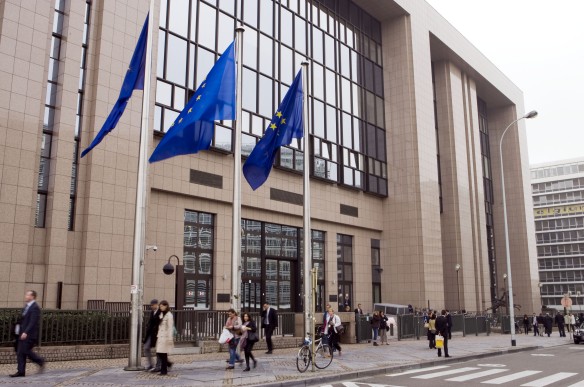
European Union postpones debate on Cuba
Foreign ministers from the European Union countries will postpone a debate about EU relations with Cuba until further notice, the news agency EFE reported today (Jan. 15) from Brussels. The debate was to have been held next Monday (Jan. 20.)

No explanation was given by the EU, other than more “technical” discussions were needed, presumably within its European External Action Service.
The External Action Service is fine-tuning an Agreement for Political Dialogue and Cooperation with Cuba that could replace the so-called Common Position it maintains toward the island. The task is difficult because several countries — among them Spain, the Czech Republic, Britain and Germany — want to retain elements from the Common Position that the Cuban government considers meddlesome and non-negotiable.
[For background, read “EU should review its stance…” (Jan. 7) and “Spain is said to press for transition…” (Jan. 7) in Progreso Weekly.]
The Common Position conditions any progress in trade and other relations to what it calls the “democratization” of Cuba’s communist system. The Cuban government rejects that condition on the basis of national sovereignty.
Seventeen countries have already signed bilateral accords with Cuba on various issues, circumventing the Common Position.
The latest development in the EU-Cuba confrontation was the visit to Cuba this month of Dutch foreign minister Frans Timmermans, who said in Havana that “interesting events are happening in Cuba and it’s time that the European Union update its relations with the island.”
Timmermans called for “a new relationship” that would “reinforce the human contacts between Europe and Cuba.”


